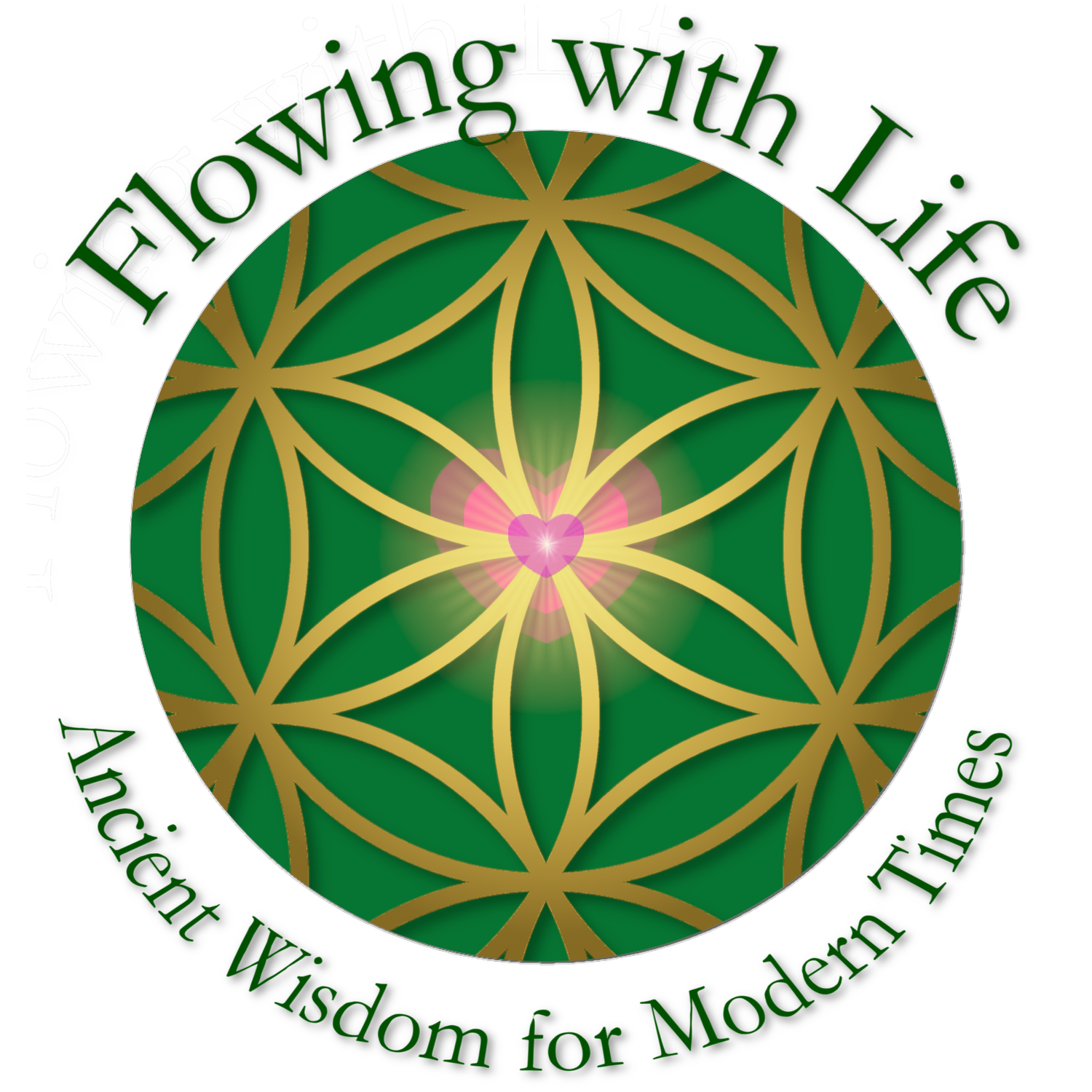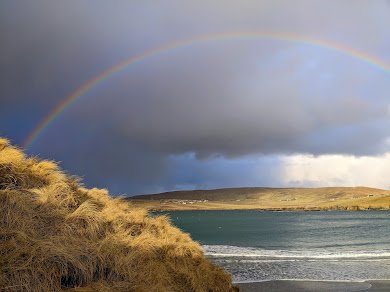After Winning -Then What?
One of our neighbours kindly invited us around to dinner, welcoming us newcomers to Shetland’s Westside. After a lovely meal, her 11 year old son invited me to a game of chess and I accepted with every intention of letting him win. But somehow, deep cultural conditioning took over and I beat him. Twice. Raised in the hypercompetitive culture of the USA, some part of my mind is convinced that happiness comes through winning. But of course, seeing his young face crumple didn’t make either of us happy!
This culture is not limited to the USA or capitalist ideology, either. Much of the left has become attached to the same belief system, albeit in different form. Marx & Engels wrote in their Communist Manifesto: ‘Let the ruling classes tremble [...]. The proletarians have nothing to lose but their chains. They have a world to win.’ adrienne maree brown in her inspiring book Emergent Strategy writes ‘We are in an imagination battle.’ And the metaphor is understandable – lives literally are at stake. She points out how white supremacy and misogyny are imagined ideas that have taken hold culturally and which all too often lead to tragic death.
But what if the idea of ‘winning a battle’ itself is imagined? Could the idea of ‘winning’ be the deeper mental structure that underlies the battles, wars, struggles and everyday hierarchies which put some people ‘higher’ than others? But let’s dig deeper. Before we can have a winner and a loser, we need to have a division, a separation. Remember in school being divided into teams for competitive sports? Even before the game begins there are ‘winners’ and ‘losers’ as those who are chosen last by team captains have the shame of their athletic limitations highlighted while the glory of those chosen first are celebrated. The same goes for academics. And politics.
When the aim of our social movements is winning, it means we want someone else to lose. Which of course means, ‘they’ want ‘us’ to lose. Because who wants to be a ‘loser’? This dynamic a potentially never-ending cycle of drama, resentment, desperation and violence. Perhaps we might be ready to unlearn the black and white thinking that creates so much suffering and instead chose together to live vibrant, full colour lives.
In economics, they call this a zero-sum game. One person’s gain is another’s loss. This, of course, depends on the imagination that we are separate from each other. What if instead we acknowledged the biological reality that we are all part of one great ecological system known as the Earth? This greater body of ours is responding to the competitive habit of the world’s dominant culture in the forms of climate crisis and mass extinction. Our greater social body is expressing the results of this belief in the forms of financial catastrophe, war, genocide, and numerous horrific -isms and -phobias.
Probably we all see that the road we’re driving down collectively is going no where we really want to be. Who is steering the car? Just like my good intention of letting my young neighbour win a game of chess didn’t work, our intentions to change the course of travels together is not enough by itself. The underlying mindset must change before our actions become anything different from habitually throwing more petrol on the fire. We need a paradigm shift from ‘I’ to ‘we’. This ‘we’ is not an ‘us’ that wants to defeat ‘them’, but a wider ‘we’ that sees this whole world as One.
What if we loosen our grip on the idea that happiness comes from ‘winning’ and begin to notice how happiness comes naturally from giving? Many, many people are already living like this. Probably you know the ones. They are keeping only what they need and giving away the rest to those in need. They are kind to others and to themselves. And they beam with joy! Who is steering their car? It’s not an ego-mind that wants to win. It’s a heart that only loves. Buddhists call this the awakened heart-mind. Christians refer to kenosis or self-emptying. Others call it unity consciousness, non-duality, or simply love.
Many of us have grown up with religious conditioning that is also based on zero sum logic. Which religion is right? Who is chosen for heaven and who is sent to hell? It’s all a bit Hollywood, isn’t it, divvying the world up into heroes and villains. But maybe we don’t need to throw the spiritual baby out with the religious bath water. And by spiritual here, I simply mean a feeling of connection with something that is more than yourself. Whatever you might call that. Maybe it doesn’t even need a name. That feeling of connection is a small key that opens a great door.
Instead of basing politics, for example, on winning and struggle, our movements for change could find a more steady foundation in practices of freedom. These practices, on our own and with others, help us connect with ourselves, each other and with life itself. For each of us, this looks different because we are all different. Every leaf on the tree is unique, but they all are part of the same tree. Perhaps you notice for yourself what helps you feel connected. It could be walking in nature. Or taking time to slow down and be present with your work or your loved ones. It could be another way of finding inner quiet so that you can listen deeply to others who also want to feel that same connection. Perhaps it is simply touching the centre of your chest and focusing here, where love dwells, waiting patiently for us to re-member. When we allow ourselves to be members, once again, of a common humanity, a common earth, there is real hope for our world.
This article first appeared in Bella Caledonia.




